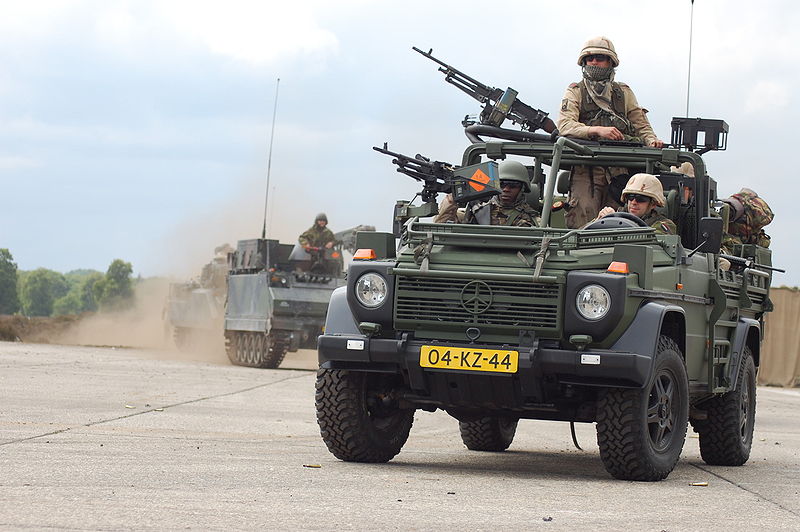
Poland, Germany, and the Netherlands have inked an agreement to establish a "military transport corridor," facilitating the smoother movement of troops and equipment through their territories
to enhance NATO's eastern defense. The signatories envision this accord as a crucial step towards establishing a broader "military Schengen" zone in Europe, allowing the unrestricted movement of military personnel and equipment, similar to the existing Schengen area's free movement for people.
The memorandum of understanding was signed in Brussels during a meeting of European defense ministers. Dutch Defense Minister Kajsa Ollongren highlighted the importance of a military Schengen, emphasizing that it would enhance Europe's strength. The signed declaration between Poland, Germany, and the Netherlands aims to pave the way for the establishment of a military corridor.
Polish Defense Minister Władysław Kosiniak-Kamysz pointed out the existing administrative obstacles that impede the effectiveness of military mobility. Against the backdrop of the ongoing conflict in Ukraine, he stressed the urgency of efficient movement within the EU. Germany's Parliamentary State Secretary for Defense, Siemtje Möller, sees this agreement as a step towards a true military Schengen, aiming to elevate military mobility.
The accord is part of broader initiatives to implement simplified, standardized, and expedited Europe-wide procedures, particularly focusing on transporting troops, materials, and supplies from deep-sea ports on the North Sea to NATO's exposed eastern flank. The German Defense Ministry clarified that the need for increased military preparedness, driven by Russian aggression against Ukraine, underscores the significance of this effort.
The envisioned "Military Schengen" is seen as analogous to the Schengen area, where European citizens enjoy unhindered travel without border controls. The signatories hope that this initiative sets an example for other NATO countries and the European Union. Polish Defense Minister Kosiniak-Kamysz expressed optimism that this effort could lead to unified procedures across the EU and NATO.
Lieutenant-General Alexander Sollfrank, chief of NATO's logistics command, had previously cautioned about bureaucratic hurdles hindering cross-border troop movements in Europe. He emphasized the time-sensitive nature of these preparations, noting that delays during peacetime could significantly impact readiness in times of crisis or war. Photo by P.J.L Laurens, Wikimedia commons.


































